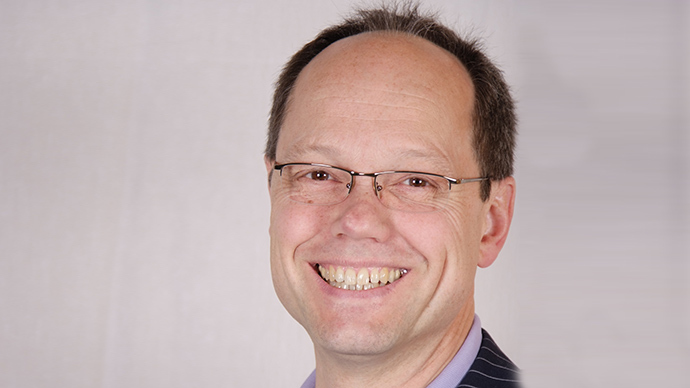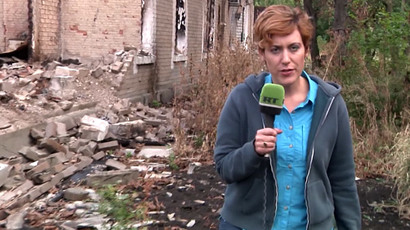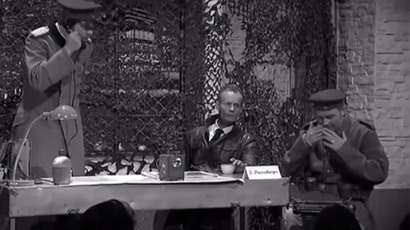Germany’s largest public broadcaster admits ‘too little Russian interests’ in Ukraine coverage

The chief director of ARD, Germany's largest public TV broadcaster, responded to viewers' criticism and the supervisory committee over its coverage of the Ukraine crisis. He said it conveyed Russian interests “too little” and could question NATO more.
Kai Gniffke, the TV channel's editor-in-chief, published a
statement on his blog on Tuesday, stating:
“Maybe we have conveyed too little of Russian interests to
the German viewers. We could possibly have examined the position
of NATO even more critically.”
Speaking on the war in Syria and Iraq, as well as the Islamic
State, Gniffke said “it is only now that the powder fume over
Ukraine has shred away.” He added that “mainstream news
issues” have “too easily” diverted the attention of
editors.
ARD's comment has long been awaited, as the Advisory Council
voiced its concerns over the “biased” Ukraine coverage
at a meeting on June 24. But the leaked document was made public only three months later,
revealed by online magazine Telepolis.
One of the main concerns, presented by a group of nine advisers,
was that the channel’s talk shows “had a tendency to narrate
against Russia and the Russian position.” The reasoning for
the concern was not only the reports of ordinary viewers, but
also a thorough analysis of several ARD reports on the
developments in Ukraine, starting from the end of 2013.

Among 10 accusations of the channel, named “boiling
points,” the Council voiced concern that the ARD passed over
in silence NATO’s intentions of the expansion to the East. It
also mentioned that the channel failed to question the legitimacy
of the Maidan-imposed authorities in Kiev.
The elected representatives of political parties and associations
believed the ARD management ignored the lawfulness of the Crimean
referendum, having never investigated it or its history. What is
more, mass protests of the Russian-speaking population in Eastern
Ukraine, based on their rejection of the coup-imposed government,
were apparently underreported.
On Wednesday, ARD TV channel withdrew its May 20 “Daily news”
story from its archive, and correspondent Udo Lielischkies
corrected his report. It entailed the deaths of two residents of
the eastern Ukrainian town of Krasnoarmeysk. The reporter back
then put the blame on the “bullets of the new rulers,”
referring to the self-proclaimed Donetsk People’s Republic.
However, a review of the facts has shown it was Kiev’s military
volunteers, DPA news agency reported.
“We take the mistake very seriously,” Gniffke said. He
added that “it is not good, but we do it also to maintain the
trust of the viewers.”
READ MORE: ‘Freedom of speech in Russia, not here!’ German TV mocks Western media’s Ukraine coverage
Another German TV channel – ZDF, which has also been criticized
by its viewers for inaccurate reporting – has lately tried to get
off the hook by mocking Western media’s coverage of the Ukrainian
crisis.
The black-and-white parody presented a German general in the
times of World War I, who had to cope with the recent
developments in Ukraine. The massacre in Odessa, the MH17
tragedy, the Russian aid convoy – these were the events he tried
to get across to an editor of a fictional newspaper, probably
inspired by the work of Orwell’s Ministry of Truth.














